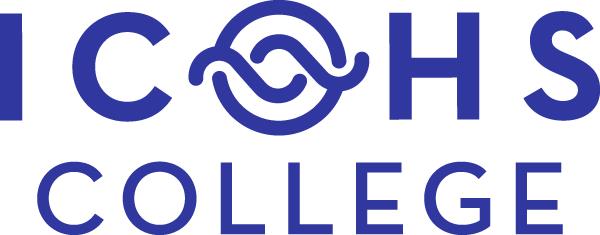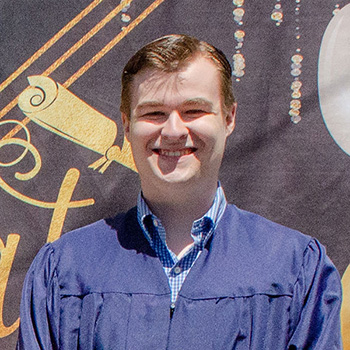For years, you’ve heard the same message: “Go to class, take notes, and one day it will all pay off.” But the truth is, employers want more than memorized theory; they want professionals who can do. That’s where hands-on learning changes everything. At ICOHS College, our programs prove that experiential education, real-world projects, and mentorship create graduates ready to launch careers in just 7–12 months. Here’s why active learning methods beat passive lectures every time.
1. Experiential Education: Learning by Doing
When you practice from Day 1, concepts stick. In our IT & Cybersecurity program, you’ll configure routers and build secure networks instead of just reading about them. Massage therapy students perform live sessions in student clinics, applying techniques directly to clients. This hands-on learning ensures you’re not just memorizing, but mastering skills through repetition and real-world scenarios.

2. Practical Skills Training That Matters
The workforce doesn’t reward textbook knowledge—it rewards performance. That’s why our curricula dedicate 50–70% of instruction to labs and clinics. Instead of cramming theories, you’ll build confidence with practical skills training. Imagine the difference between reading about deep-tissue massage and delivering one with instructor feedback. That’s the kind of transformation employer’s notice.
3. Personalized Mentorship in Small Cohorts
Forget being lost in a 200-person lecture hall. At ICOHS College, classes cap at 12–16 students. This means your instructor, often with decades of industry experience, gives your personal feedback. Whether you’re fine-tuning a firewall rule or adjusting massage techniques, hands-on learning is amplified by mentorship that accelerates growth and eliminates guesswork.

4. Real-World Projects That Build Portfolios
Labs are just the start—your capstone projects prove your expertise. You’ll work on assignments that mirror real workplace challenges, applying the skills you’ve practiced in class to design solutions, analyze problems, and present your findings. These real-world projects aren’t just practice, they become portfolio pieces you can showcase to future employers, demonstrating that you’ve already applied your training in practical, professional contexts.
5. Active Learning Methods Keep You Engaged
Research shows that students retain far more when they actively participate. That’s why active learning methods like simulations, peer collaboration, and live problem-solving dominate ICOHS College programs. Instead of passive notetaking, you’re constantly engaged, challenged, and supported in applying theory immediately to practice (Association for Experiential Education).

6. Career-Ready Programs in Less Time
Traditional degrees take four years and often pile on debt. Our programs cut that time down to 7–12 months, meaning you’ll enter the workforce sooner with less financial burden. Employers notice candidates who’ve trained in labs, built portfolios, and demonstrated readiness—giving you a head start without sacrificing quality.
7. Confidence Under Pressure
It’s one thing to face an exam; it’s another to perform when it counts. By practicing in real scenarios—client sessions, live networks, group projects—you’ll graduate with the ability to perform under pressure. That’s the true value of hands-on learning: turning uncertainty into confidence, so you thrive on Day 1 of your new career.
Conclusion
Success doesn’t come from endless lectures—it comes from mastery through doing. With hands-on learning, you gain practical skills training, personalized mentorship, and real-world projects that prepare you for a career in under a year.









